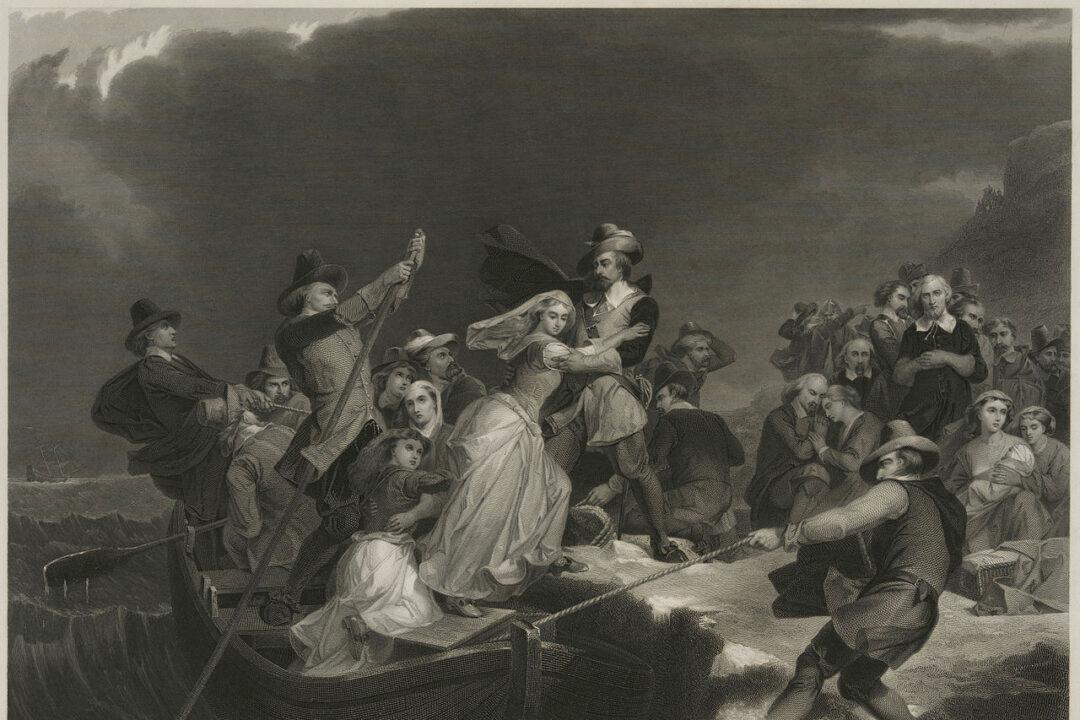The role of the mother of the groom in a wedding—in the words of the blunt old saying—is simple: show up, shut up, and wear beige.
It’s tough, but customs survive because they reflect reality, and it is a universally acknowledged truth that weddings are—and should be—about the bride, not the groom.






